Have you ever wondered who would win in the battle for the perfect pet in cramped city apartments or cozy studios: cats or dogs? It might shock die-hard dog lovers, but cats have a secret arsenal that makes them truly shine when it comes to small living spaces. They’re nimble, quiet, and have some surprising tricks up their furry sleeves that make them the king—or queen—of compact homes. If you’ve ever tried to fit a bouncing Labrador in a tiny kitchen, you know the struggle is real. Today, let’s uncover why cats just might be the ultimate companions for those of us with less square footage to spare.
Compact Size and Agile Bodies

Cats are like little ninjas, slipping into corners and squeezing onto windowsills with barely a sound. Their compact size makes them ideal for apartments or studios, where every bit of space counts. Unlike larger dog breeds that need room to stretch out, most cats can curl up contentedly on a single cushion or even a bookshelf. You don’t have to worry about a cat knocking over furniture with a wagging tail or taking up half your bed. Their ability to scale up and down furniture without causing chaos means your living room stays intact, and your cat stays happy.
Low Exercise Requirements
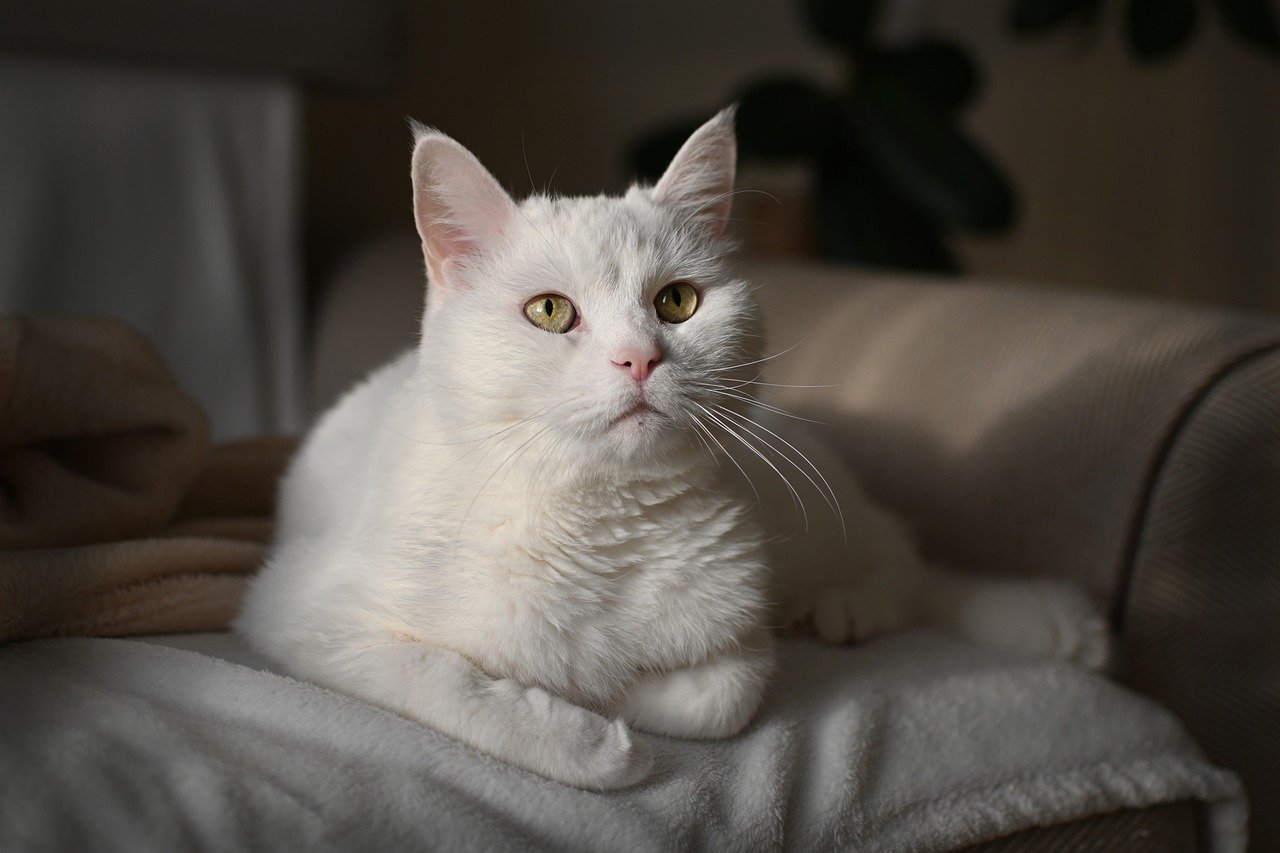
One of the biggest challenges for dog owners in small spaces is the need for daily walks and exercise. Dogs, especially larger breeds, need to burn off energy, which can be tough in a tiny apartment without a backyard. Cats, on the other hand, are perfectly content to entertain themselves indoors. A few toys, a cardboard box, or a sunny windowsill can provide hours of amusement. Their bursts of energy are usually short and sweet, followed by long naps—making them ideal for people who don’t have much outdoor space or time for multiple walks each day.
Quiet Companions
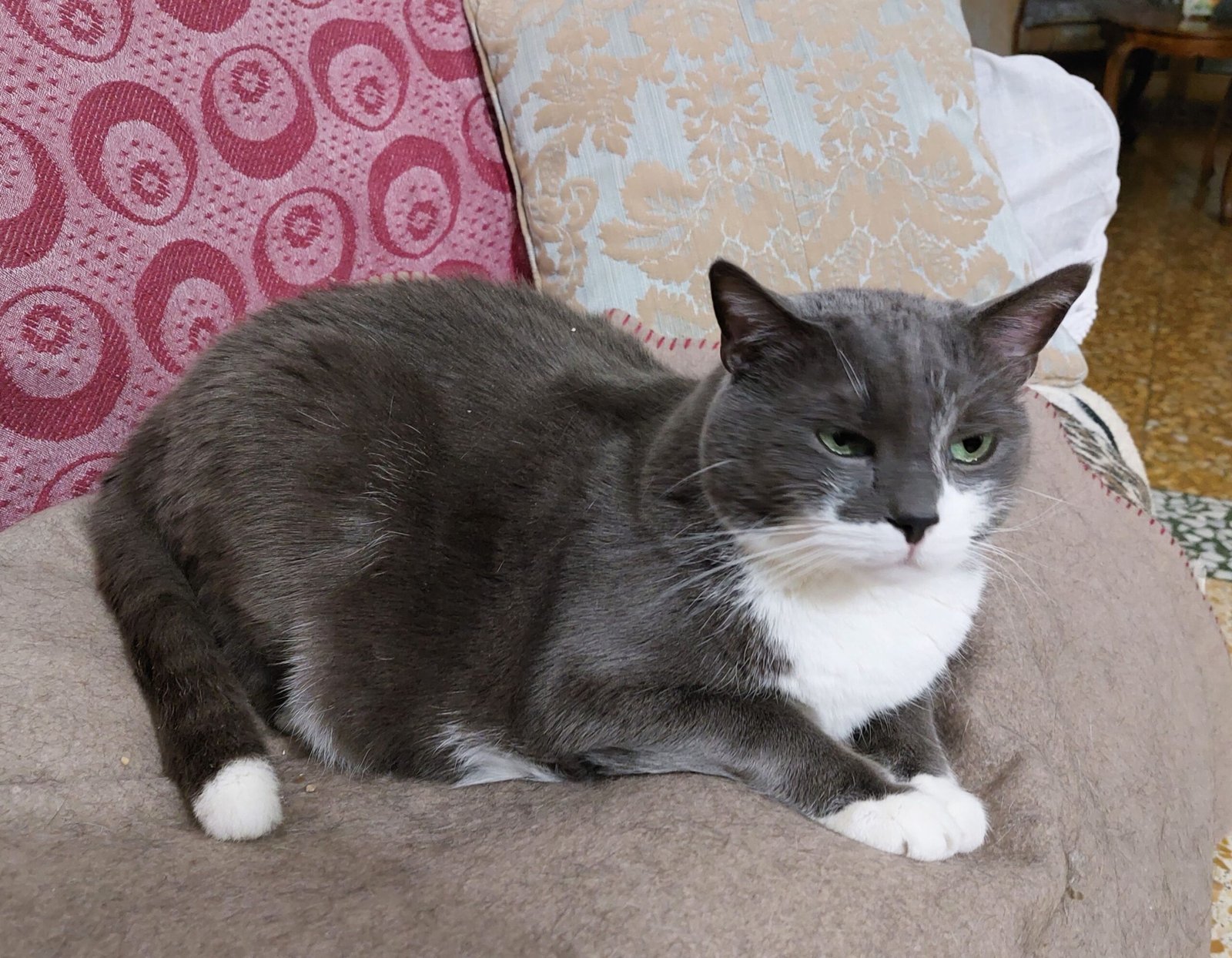
If you’ve ever had a neighbor complain about barking, you know how stressful it can be. Cats are naturally quiet creatures. They might meow, purr, or chirp, but their sounds are rarely disruptive. In small living spaces, this is a huge advantage. You won’t have to worry about a cat howling when you leave for work or barking at every passerby. This quiet nature is perfect for shared walls and thin floors, helping you stay on good terms with your neighbors.
Easy Litter Training
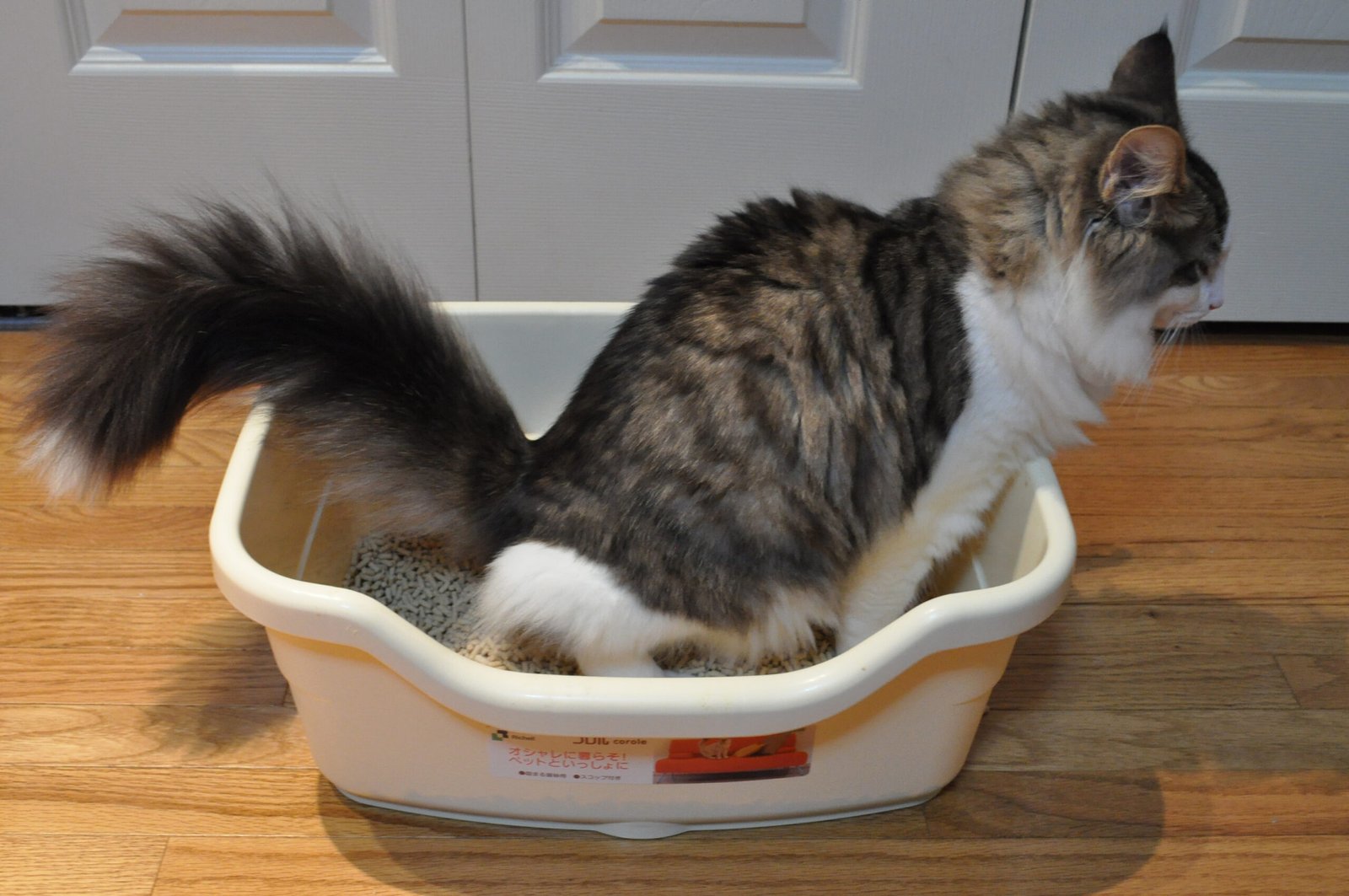
Potty training a puppy in a small apartment can feel like a never-ending mission. Cats, however, are famously easy to litter train. Most kittens instinctively know to use a litter box, making cleanup a breeze. You don’t have to run downstairs or outside in the rain for bathroom breaks. Just scoop the box, and you’re set. This is especially handy if you work long hours or live in a building with lots of stairs. Clean-up is contained, and accidents are rare.
No Need for Outdoor Space
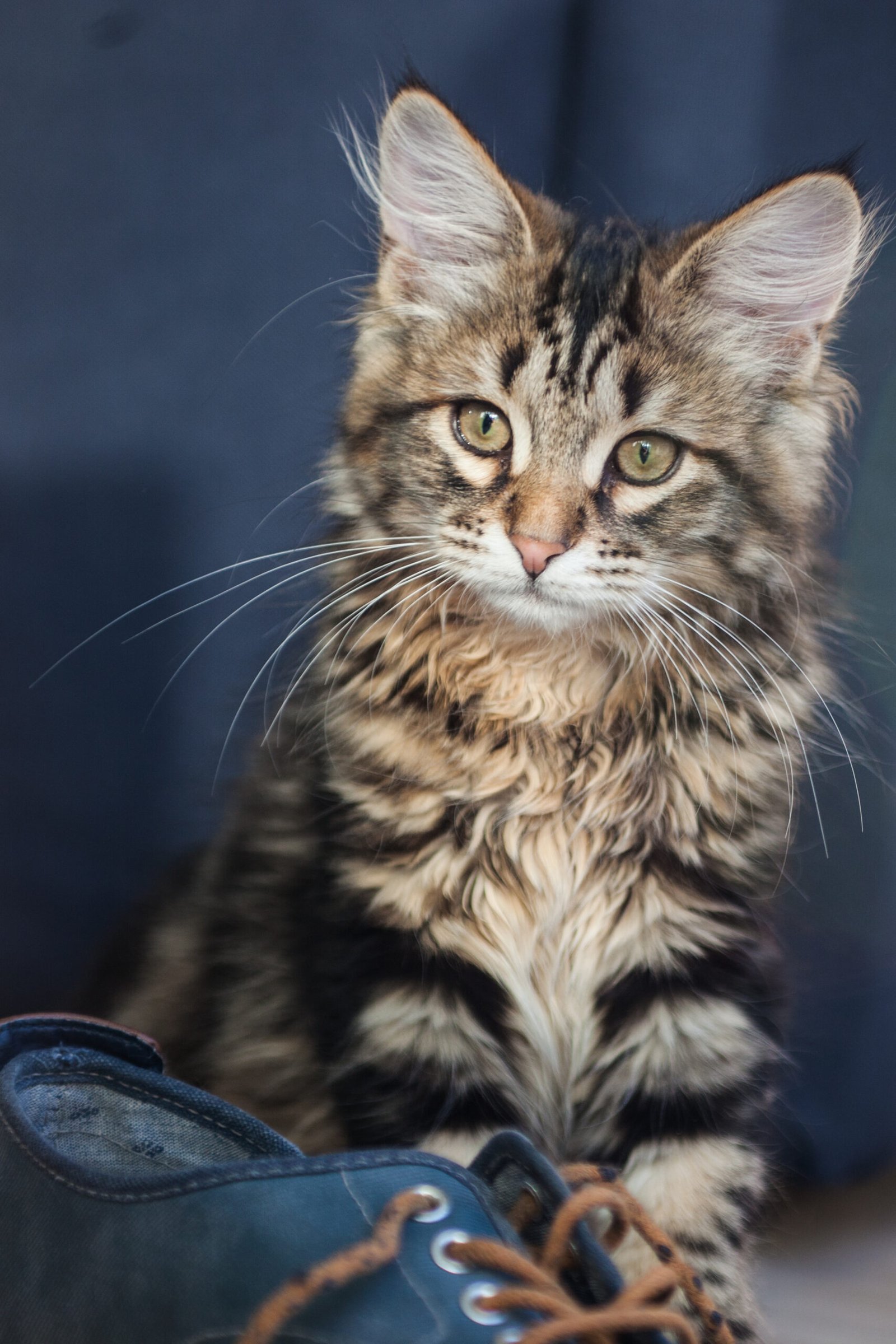
Many dogs need a yard or regular trips to the park to stay happy and healthy. Cats thrive indoors and don’t need outdoor access. This makes them perfect for city dwellers or anyone without a garden. Indoor cats can explore vertical spaces, nap in sunbeams, and perch on window ledges to watch the world go by. You can create a rich environment for your cat with just a few shelves and some creative thinking, all within your small home.
Minimal Equipment Required
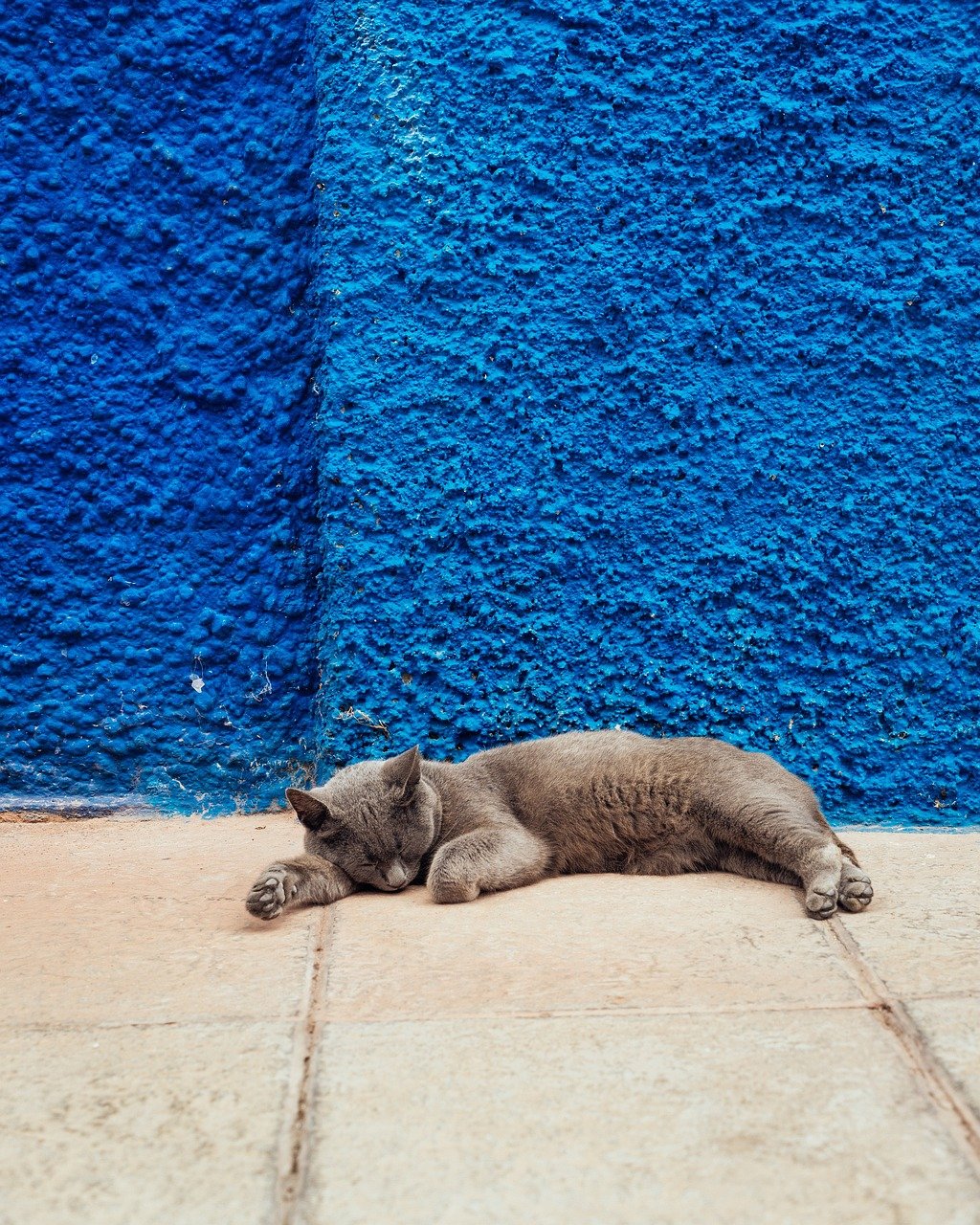
Owning a dog often means investing in leashes, collars, crates, and beds—not to mention the space to store all that gear. Cats are refreshingly low-maintenance when it comes to equipment. Give them a litter box, a scratching post, and maybe a cozy bed, and they’re set. Even toys can be simple—many cats are just as happy with a paper bag as with anything from the pet store. This simplicity is perfect for small homes with limited storage.
Less Mess and Odor

Let’s face it: dogs can be messy. Muddy paws, shedding, slobber, and accidents can all take a toll on your home, especially when space is tight. Cats are fastidious groomers and usually keep themselves very clean. They don’t need regular baths, and their litter box contains most odors if maintained properly. You won’t have to worry about tracking in dirt or washing muddy towels after a rainy walk. Your small space stays fresher and neater with a cat.
Lower Risk of Property Damage

A bored or anxious dog can chew up shoes, furniture, or doors—damage that’s especially noticeable in a small space. While cats may scratch, providing a scratching post usually solves the problem. Cats are less likely to destroy things out of boredom, and their lighter weight means they’re unlikely to knock over heavy objects. Your furniture and floors are generally safer with a feline friend in charge.
Self-Grooming Habits
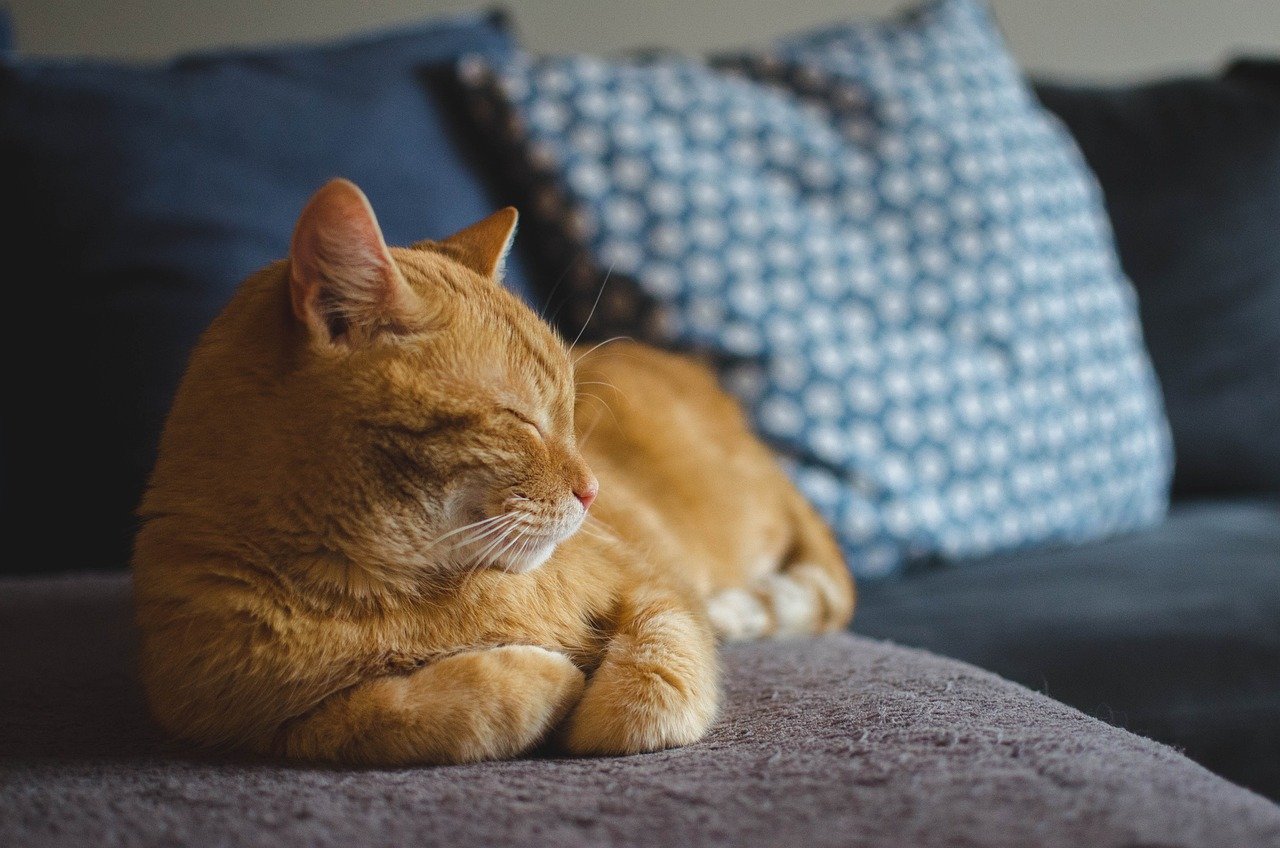
Cats are like little cleaning machines. They spend hours each day grooming themselves, keeping their coats shiny and soft. This means less work for you—no need for daily brushing or frequent baths. While some dogs need professional grooming, most cats only need the occasional brushing. This self-sufficiency is a huge plus in a small home, where extra mess or wet-dog smells can be overwhelming.
Better for Busy Lifestyles
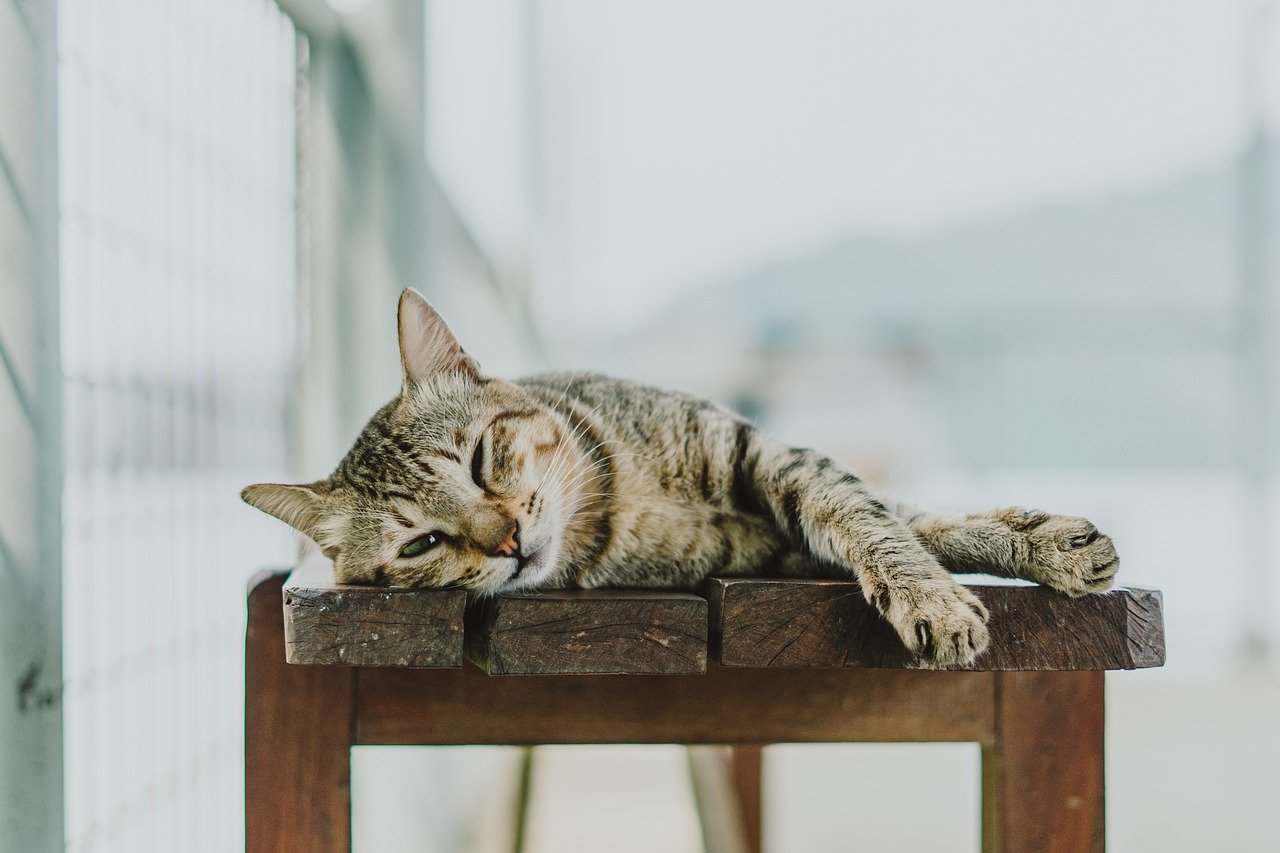
If you have a packed schedule or unpredictable hours, a cat is often the better choice. Dogs need regular walks, playtime, and attention, which can be hard to fit in when you’re pressed for time. Cats, on the other hand, are independent and can amuse themselves for hours. They’re happy to nap while you’re out, and they don’t need a strict routine. This flexibility makes them perfect for young professionals, students, or anyone juggling a busy life in a small space.
Lower Noise Sensitivity

Dogs can be sensitive to every sound in an apartment building—footsteps in the hallway, doorbells, or even the elevator. This often leads to barking or anxiety. Cats are typically less reactive to environmental noises. They might flick an ear or open an eye, but they rarely cause a scene. This calm demeanor is a blessing in a noisy building, helping maintain peace and quiet in your home.
Ideal for Multi-Pet Households

In small spaces, having more than one pet can be tricky. Dogs, especially large ones, may compete for territory or resources. Cats, with their smaller size and ability to claim vertical spaces, can often coexist more easily, even in a studio apartment. Stackable beds, wall-mounted shelves, and cat trees give each pet their own space, reducing tension and making it possible to share your home with more than one furry friend.
Allergy Considerations

While both cats and dogs can trigger allergies, some people find it easier to manage cat dander in a small space. Frequent cleaning and air purifiers can help keep allergens in check, and there are even some cat breeds known for being more hypoallergenic. Cats also don’t need to go outdoors, so they’re less likely to bring in pollen or other irritants from outside.
Lower Food and Supply Costs

Feeding a big dog can get expensive, especially if you’re on a budget. Cats eat less, and their food takes up less storage space—an important consideration in a small kitchen or pantry. Litter, toys, and other supplies are often smaller and cheaper as well. Over time, this can add up to significant savings, leaving more money for treats, toys, or that new cat tree you’ve had your eye on.
Travel-Friendly for Small Spaces
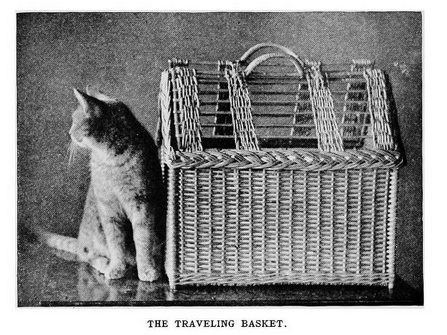
If you need to travel or move frequently, cats are often easier to relocate. They fit comfortably in carriers, don’t need long walks after a trip, and adjust more quickly to new environments. In small spaces like hotel rooms or temporary rentals, a cat can settle in with just a litter box and a cozy blanket. Dogs, by contrast, often need more time and space to adjust, making travel more complicated.
Reduced Need for Supervision
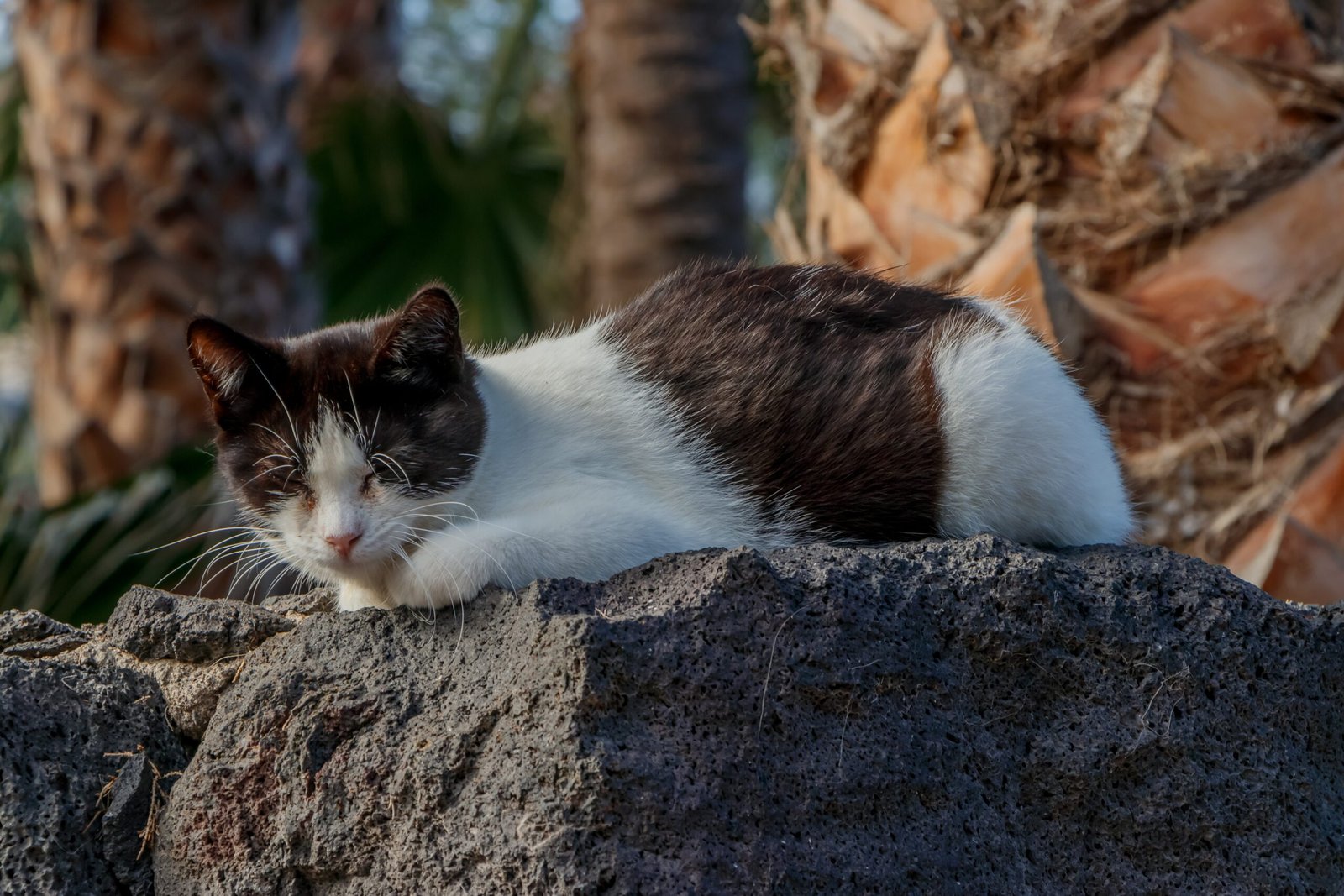
Dogs can get into trouble quickly if left unsupervised in a tiny apartment—chewing, barking, or getting into the trash. Cats are generally safer to leave alone for longer periods. They nap, groom, and watch the world go by, rarely causing trouble. As long as they have food, water, and a clean litter box, most cats are content while you’re away at work or out with friends.
Less Impact on Shared Spaces
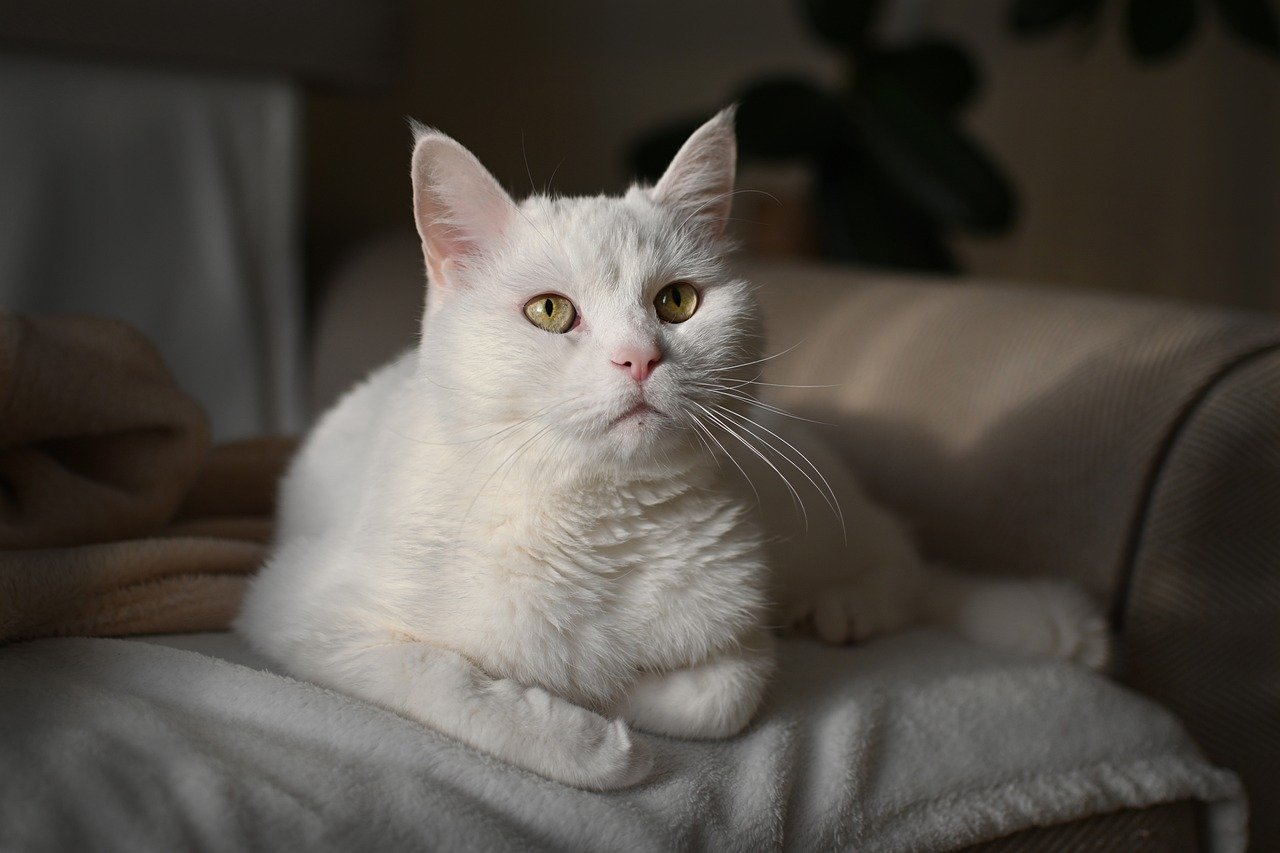
In buildings with communal areas or shared gardens, dogs can sometimes cause friction—barking, marking, or intimidating neighbors. Cats, as indoor pets, usually have little or no impact on shared spaces. They stay out of sight and out of mind, making life easier for everyone in the building. You won’t have to negotiate pet rules with your landlord or neighbors as often, and you can enjoy peace of mind knowing your pet isn’t causing any trouble outside your door.
Simple Play and Enrichment
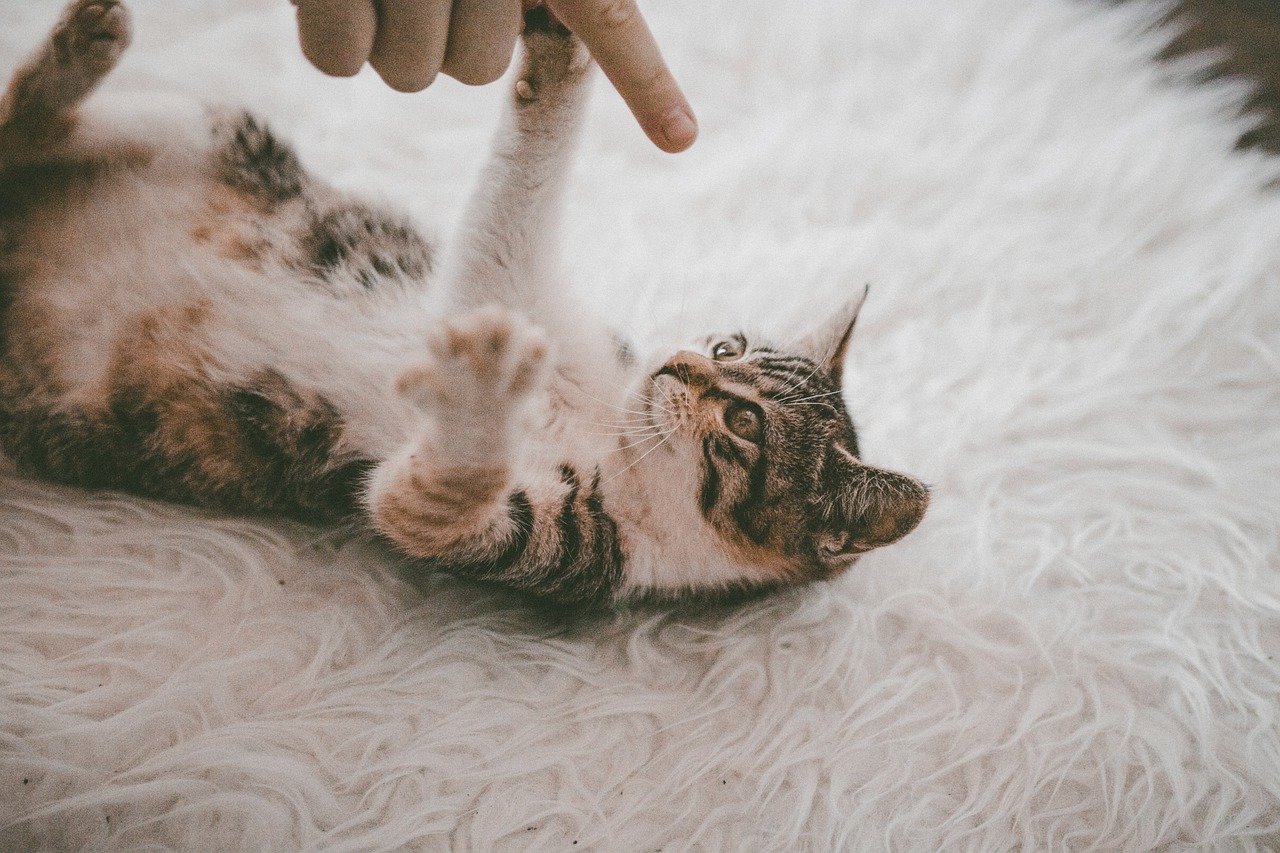
Keeping a dog entertained in a small space can be challenging. Cats, however, are creative when it comes to play. A feather on a string, a laser pointer, or even a cardboard box can provide hours of entertainment. You don’t need a huge yard or expensive toys to keep a cat happy. This makes it much easier to provide enrichment and mental stimulation, even if your home is on the smaller side.
Great for Renters

Many landlords prefer cats over dogs, especially in apartment buildings. Cats are quieter, less likely to cause property damage, and don’t require outdoor access. Some rentals even have pet policies that allow cats but not dogs. This means it can be easier to find a home if you’re a cat owner. Plus, your security deposit is less likely to take a hit from scratches or noise complaints.
Calming Presence in Tight Quarters

There’s something deeply soothing about sharing a small space with a purring cat. Their gentle presence can help reduce stress and make your apartment feel more like a home. Cats are experts at making themselves comfortable, and their relaxed attitude can rub off on you. After a long day, curling up with a cat on your lap can make even the smallest home feel like a sanctuary. Their peaceful nature is a balm for the stresses of modern life.
Longer Lifespans and Lower Medical Needs
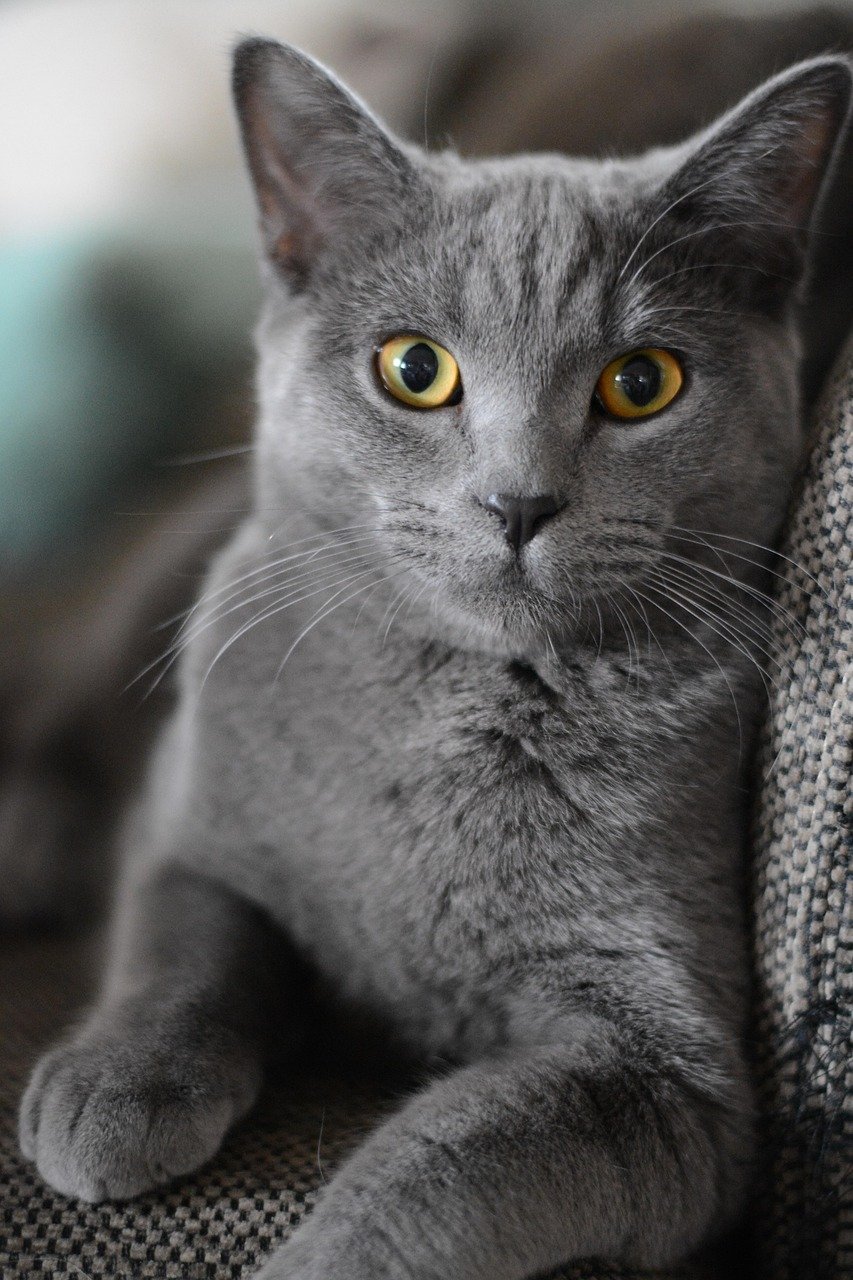
While both cats and dogs need regular vet care, cats often live longer and have fewer health issues, especially when kept indoors. This means fewer trips to the vet and less worry about big medical expenses. In a small space, where every day together matters, having a healthy, long-lived companion is a real gift. Cats’ resilience and adaptability make them the perfect long-term roommates, bringing years of joy to small homes.
Cats have a knack for making the most of even the smallest spaces, turning any apartment or studio into a cozy haven. Their quiet, easygoing ways, and minimal needs make them stand out in the world of pet companions. If you’ve ever wondered who rules the world of small-space living, the answer is purring right under your nose.
Hi, I’m Bola, a passionate writer and creative strategist with a knack for crafting compelling content that educates, inspires, and connects. Over the years, I’ve honed my skills across various writing fields, including content creation, copywriting, online course development, and video scriptwriting.
When I’m not at my desk, you’ll find me exploring new ideas, reading books, or brainstorming creative ways to solve challenges. I believe that words have the power to transform, and I’m here to help you leverage that power for success.
Thanks for stopping by, Keep coming to this website to checkout new articles form me. You’d always love it!






